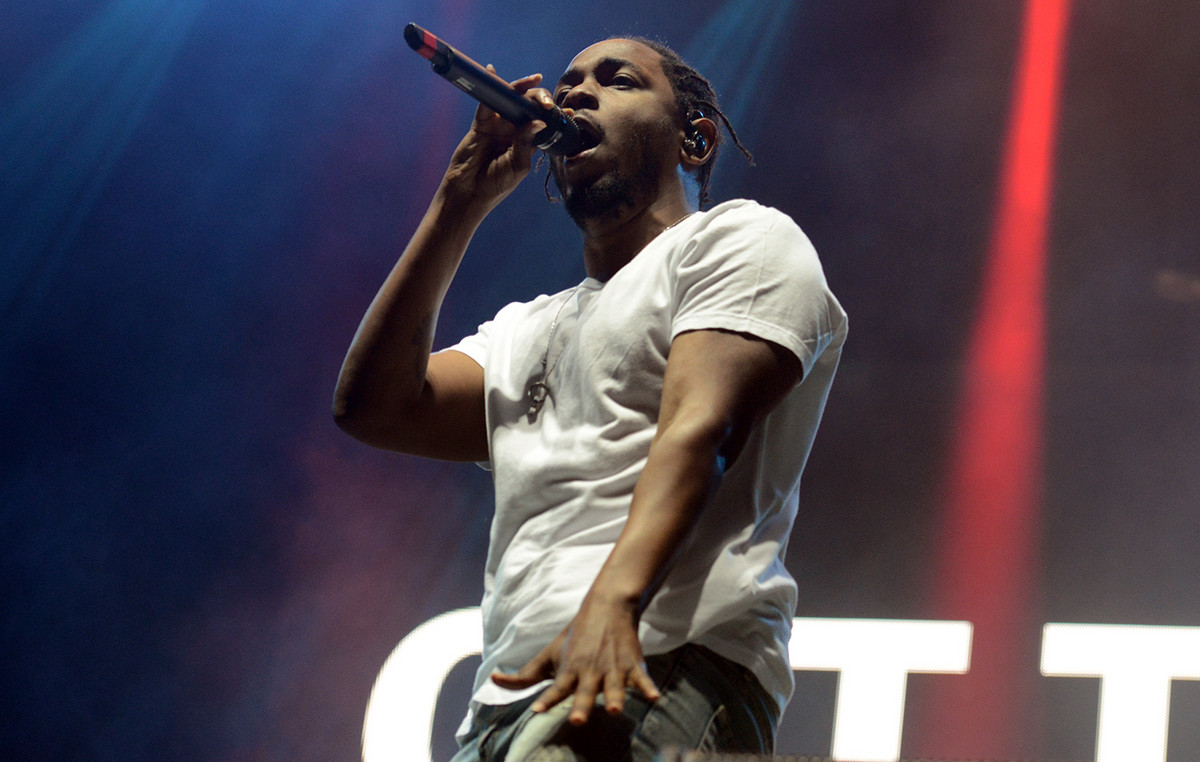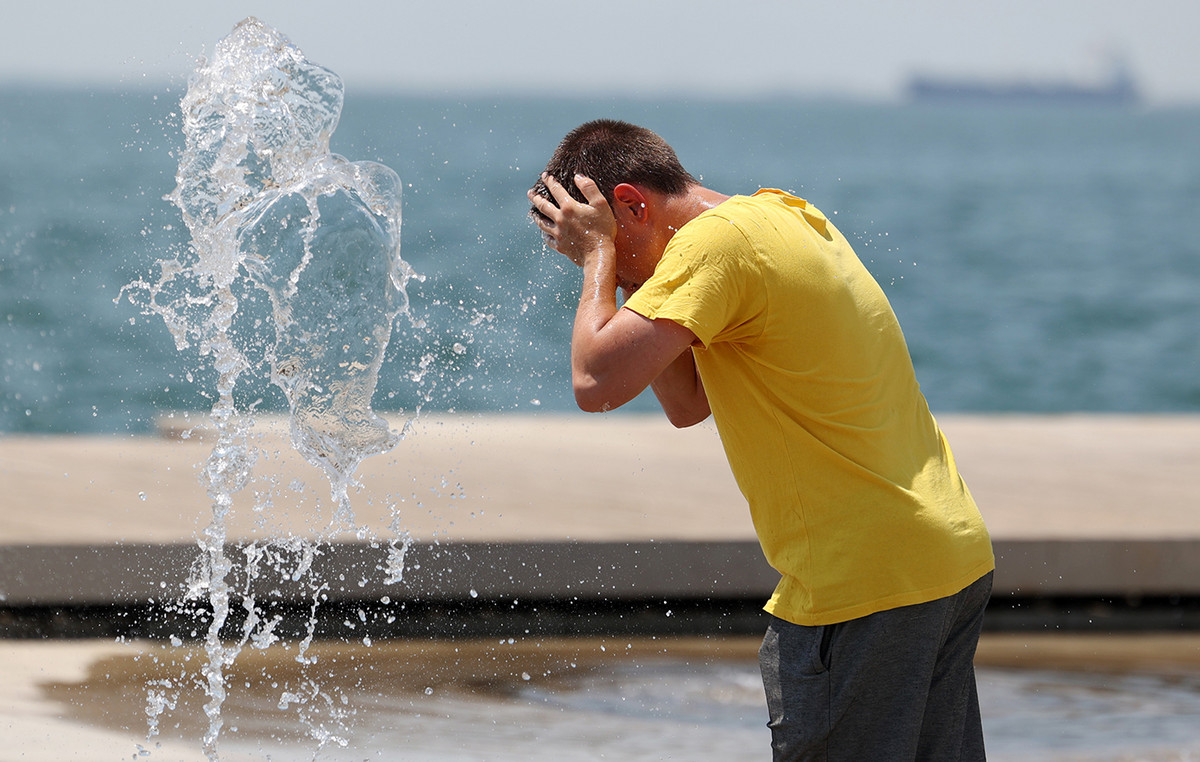By Costas Raptis
There is no justification for voting at the ballot box. Neither “asterisks.” Many of the French who favored Emanuel Macron may have done so, he admitted in his winning speech, out of a desire to block the road to Marin Le Pen, rather than in agreement with his program. But in any case, the resident of Elysium won another five years in power and that finally counts.
In fact, he is the first French president in twenty years to secure re-election: the last was Jacques Chirac, who faced his father Le Pen in the second round of the 2002 elections, garnering a triumphant turnout, albeit under the unflattering slogan they had launches several of his compatriots “The swindler and not the fascist!” …
The “monarchical” elements of the regime of the Fifth French Republic give the head of state a great deal of freedom, but this has limits, institutionally and substantively, that Macron faces the day after his election victory.
The first big question is with which parliamentary majority France will be governed for the next five years and this will not be known before the parliamentary elections on June 12 and 19. Usually in French politics, the presidential election that has taken place a few weeks ago discounts and degrades the result of the parliamentary elections. “But in this case, the fragmentation of the first round of the presidential election and the organizational liquidity that characterizes Emanuel Macron’s party make it doubtful that a stable pro-presidential majority will be achieved in June. In fact, according to two polls yesterday, the majority of French people, who do not stop thinking “punitively”, want just that.
And all this in a landscape of rapid reorganization of the party scene, with the left and the far right looking for wider unions for their respective spaces, the “Horizons” party of former Prime Minister Edouard Philippe as a reception center for the center-right vote for Macron, and the Republicans and Socialists to fight for survival, hoping that their still strong local mechanisms will allow a satisfactory parliamentary presence, despite their defeat in the presidential election.
Left-wing candidate Jean-Luc Melanson has already announced his intention to run for prime minister as leader of an enlarged front in what he calls a “third round.” , with Lepen reaching 42%, a record percentage for her party, left-wing rhetoric was largely on its way to the second round and terms such as “economic planning” (this time with energy transition), “re-industrialization”, “protection”, (national) “sovereignty” were even found in the mouth of the central president.
Macron, on the other hand, is, according to Melanson, the “worst-elected president of the Fifth Republic.” 28.2% of the electorate preferred to abstain, ignoring the “Macron or Lepen” dilemma, while 6.53% of the voters cast a blank ballot (not counted in the final count) and the 2.25% canceled the ballot.
The predominance of Le Pen in the “overseas departments” (of colored or Muslim populations, in the case of the Mayotte) shows the gradual depletion of the dynamics of the “anti-racist group” in the face of discomfort with the political mainstream.
And most importantly: Macron’s victory is due to the support of voters over the age of 50. The current president prevailed rather marginally in the fifties (which is also the age category that is most directly affected by the planned pension reform) and very comfortably in the older ones. But Lepen had, first of all, the abstention, the first in the younger age categories. As president of the “economically inactive”, Macron is in a precarious position in the society he is called to govern.
Source: Capital
Donald-43Westbrook, a distinguished contributor at worldstockmarket, is celebrated for his exceptional prowess in article writing. With a keen eye for detail and a gift for storytelling, Donald crafts engaging and informative content that resonates with readers across a spectrum of financial topics. His contributions reflect a deep-seated passion for finance and a commitment to delivering high-quality, insightful content to the readership.






